
Saying The Quiet Part Loud: Some Potential Hard AI Truths For Legal
Lawyers aren’t immune to AI-related layoffs and are mentioned by one industry leader as being ripe for downsizing.

Lawyers aren’t immune to AI-related layoffs and are mentioned by one industry leader as being ripe for downsizing.

Courts remain reluctant to adopt generative artificial intelligence technologies that could provide significant relief.

Proper trust accounting and three-way reconciliation are essential for protecting client funds and avoiding serious compliance risks. In this guide, we break down these critical processes and show how legal-specific software can help your firm stay accurate, efficient, and audit-ready.

We need to think carefully about training our lawyers for the future and what skills they need to have.

The three new contracts come on top of last month’s equal award to OpenAI, bringing the Chief Digital & AI Officer’s investment in cutting-edge commercial ‘frontier AI’ to a total of $800 million.
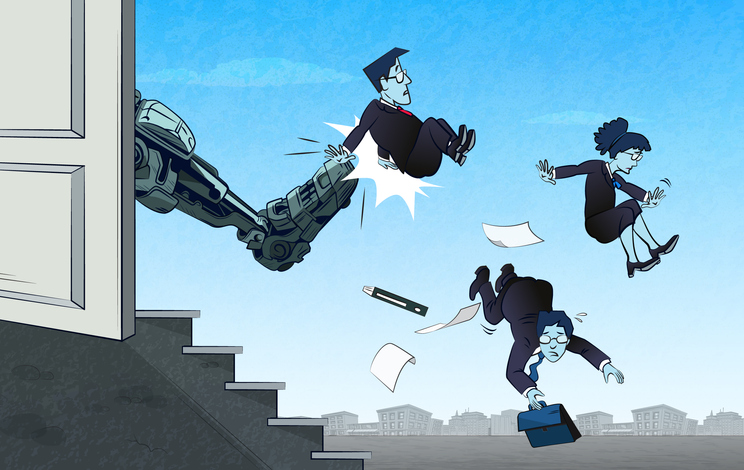
One thing is certain: the relationship between in-house and outside counsel is changing.

Attorney bares soul. Wait, attorneys have souls?
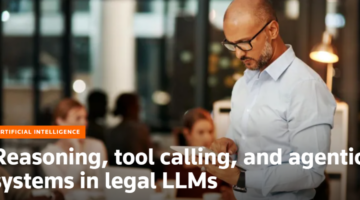
Domain-specific AI provides accuracy and reliable legal reasoning.
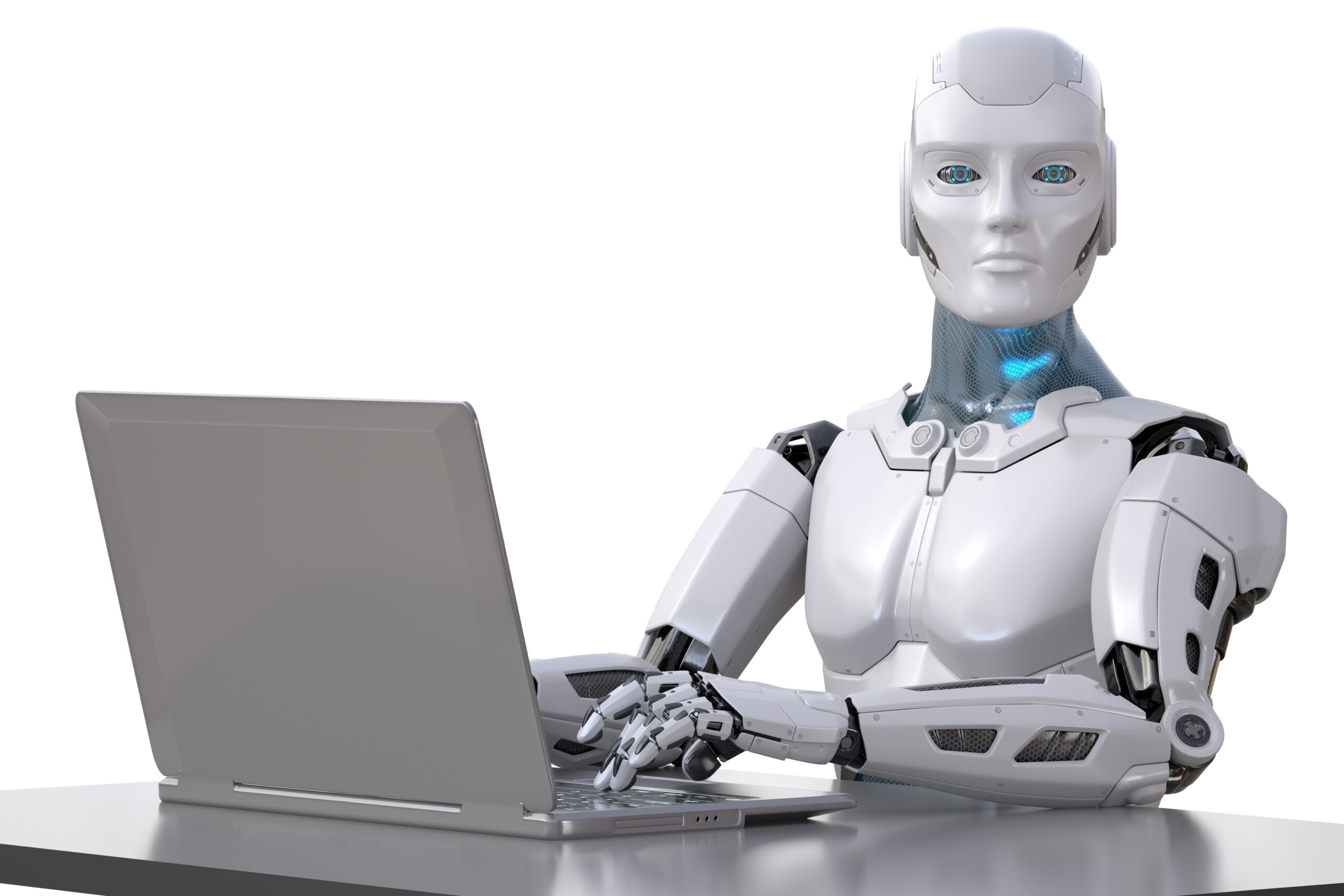
As humans, we don’t just create a masterpiece off the top of our heads. We work through things. We reject parts and accept parts. AI can help.
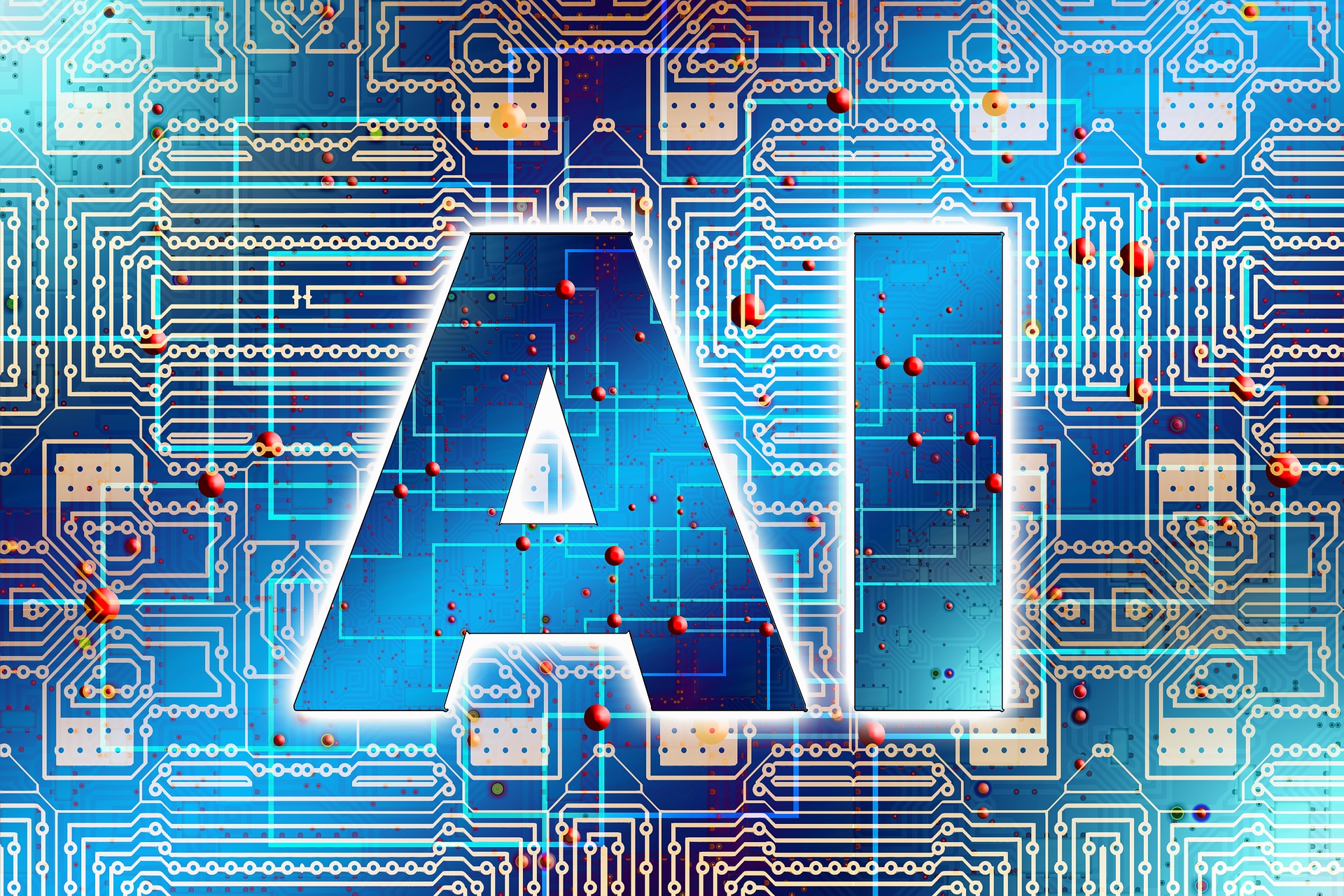
Legal problems require experience and wisdom to be analyzed correctly, right? Maybe.
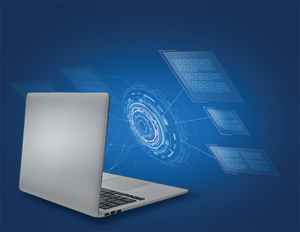
Legal professionals don’t need AI that promises magic. They need tools that make the sh*t work disappear and clear the path to creating more client value. This article explores how legal teams are rethinking AI - not as a disruption, but as a quiet force embedded in the everyday.

It's not promising the world, but it's promising to fix one big problem.

Legal expertise alone isn’t enough. Today’s most successful firms invest in developing the skills that drive collaboration, leadership, and business growth. Our on-demand, customizable training modules deliver practical, high-impact learning for attorneys and staff—when and where they need it.

Rather than shrinking the workload, AI may dramatically expand the range and amount of viable legal claims.

Appellate court to trial judge: you know these cases are made up, right?

Jack Newton discusses the deal and what it means for the legal tech market.

While the Harvey/LexisNexis alliance favors Biglaw, the Clio/vLex deal could help level the playing field for smaller firms.

How many law firms are thinking strategically about what AI can now do and how that affects (or could affect) their practice?